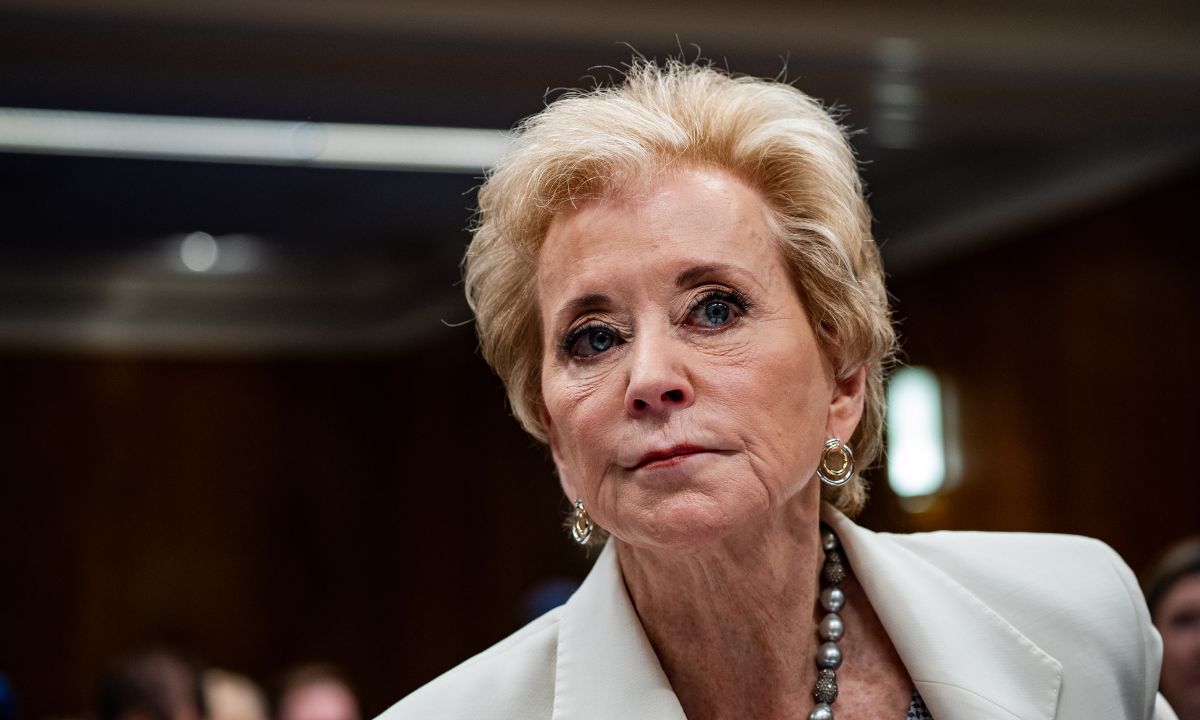The U.S. Department of Education said Friday that it has lifted a suspension on federal education funding that led to two lawsuits and that states will be allowed to access the funds next week.
According to department spokesperson Madison Beidermann, the White House Office of Management and Budget (OMB), which claimed that districts were using the funds to further a violent left-wing agenda, has finished reviewing five distinct initiatives totaling $5.5 billion.
The money is used to pay for staff training, additional teaching jobs, and the education of migrant and English language learners. The announcement was made one week after the government approved more than $1.3 billion for after-school and summer programs, which were also pending review.
States were forced to reduce staff and terminate summer activities early after the agency informed them of the review’s progress on June 30, one day before they were supposed to receive the funds. President Donald Trump signed the budget in March after Congress appropriated the money for the upcoming academic year.
The announcement of the funding comes just hours before Education Secretary Linda McMahon was set to meet with the country’s governors in Colorado Springs, Colorado. AASA, the School Superintendents Association, conducted a survey that revealed superintendents across the country were getting ready to cut back on services like math and literacy coaches. Of the 628 chiefs from 43 states who replied, half stated that if the monies were not released, they would have to fire employees who work with special education pupils. Randi Weingarten, president of the American Federation of Teachers, delivered the message to the union’s annual TEACH conference in Washington, D.C.
She told the applauding crowd, “The administration backed down and we are getting the money.” Thank you to everyone that lobbied yesterday. Thank you to all of you who filed the lawsuit.
The Trump administration backed down from withholding funds from public schools as a result of our activism, which is fantastic news to start our #TEACH25general session!We appreciate you battling with us for what children need, @maziehirono.GiNoFcQbMk pic.twitter.com/
Attorneys general from 24 blue states and the District of Columbia challenged the freeze on July 14 on the grounds that schools were being harmed by the administration’s actions. On July 21, school districts, parents, unions, and charitable organizations filed a second challenge, claiming that OMB has never interfered with the department’s practice of releasing funding in two stages, with the first taking place on July 1 and the remaining one on October 1.Together with their Democratic counterparts, Republican senators put pressure on the administration to provide the funds.
The announcement made on Friday does not indicate that the legal battle is over. The legal team will continue to keep an eye on the situation and work in court to make sure the administration fully complies with the law and that these resources reach the schools and students who need them the most, according to a statement released by Skye Perryman, president and CEO of Democracy Forward, which is handling the second case.
Advocates are nonetheless concerned about potential budget problems, even though districts can now begin the school year without the shortage. Although not mandated by law, the July 1 distribution date is a long-standing custom.
AASA’s government affairs manager, Tara Thomas, stated that in order to prevent such instances of last-minute uncertainty, her organization would like to speak with Congress or the administration more. Districts must continue to depend on consistent, dependable, and timely federal financing.
There may be another battle over school funding. According to reports, the White House is working on a new budget proposal that will focus on spending for education. Thomas stated that although she was unsure of what would be covered, it might include grant program cuts imposed by the Department of Government Efficiency.
Trump signed a reform package on Friday, retraction of $9 billion in foreign aid and public television funding.






